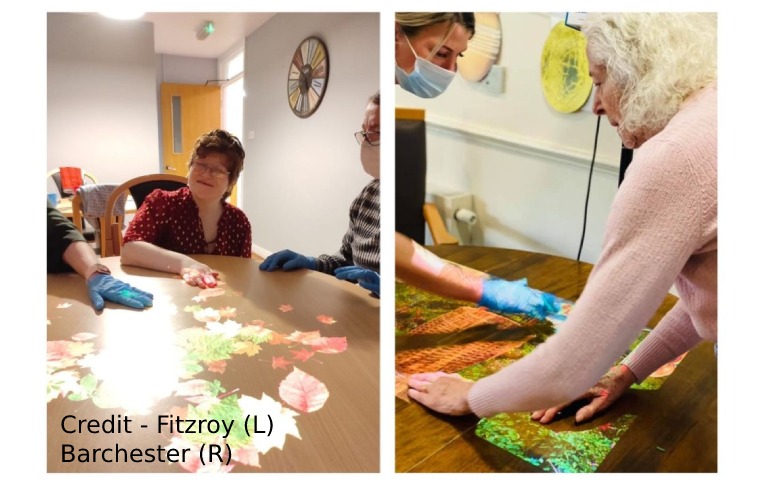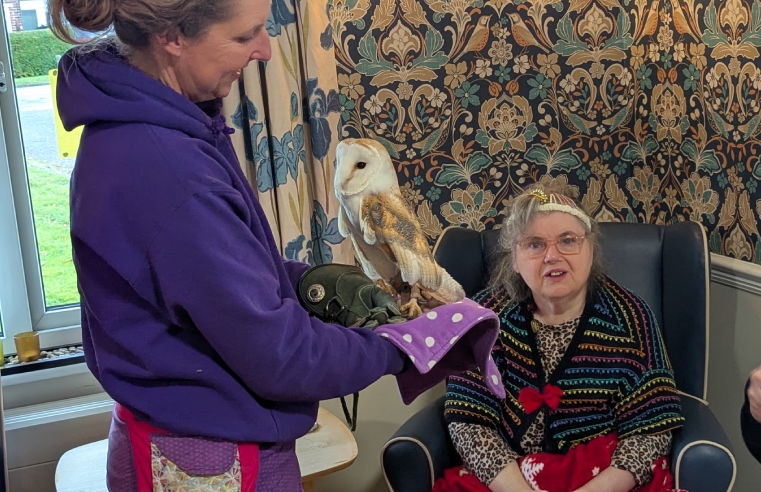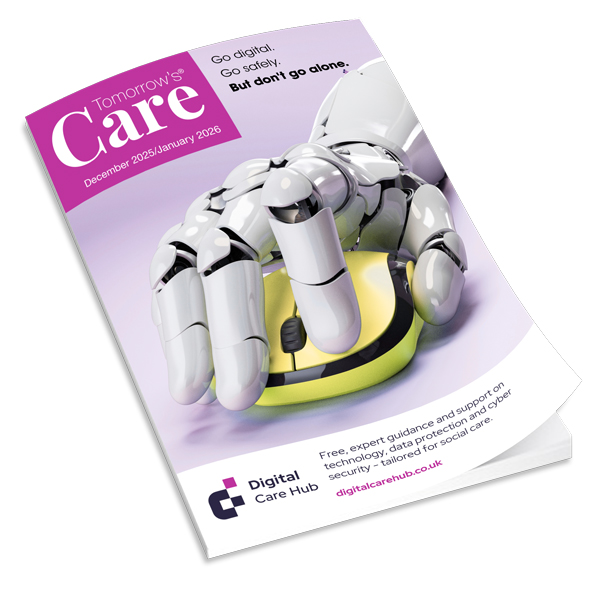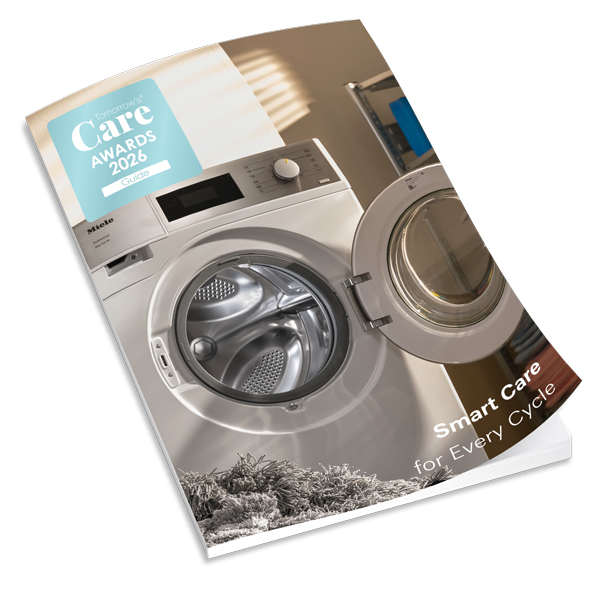John Ramsay, Managing Director of Social-Ability, answers some questions about his company.
Q: Tell us a bit about yourself and what inspired you to found Social-Ability.
Initially, my life was set to take a very different course. I used to work as a corporate lawyer at Linklaters, a fast-paced Magic Circle law firm. However, having experienced ten years of dementia in my own family when I was a teenager, I felt compelled to make some significant changes and shift the focus of my career to something more meaningful in a health and social care setting.
I am passionate about improving the lives of people living with dementia, their family and friends, as well as the care venues and their staff that often care for them. At Social-Ability, much of our team’s motivation to achieve this comes from direct experiences of cognitive challenges within our own families.
Q: Can you give us some background on Social-Ability and its main ethos.
Each day we start with a simple idea. How can we make people living with care needs happier? We believe in an approach to care which champions wellbeing, joy, and happiness. We know that it is important to listen to the needs of people who are working in the health and care sector, alongside the needs of those living with the condition. For example, some of the games we’ve developed have been co-designed with care venues, their staff and residents.
When I first started working in the care sector, whilst the technology we sold was effective, it didn’t go far enough in guaranteeing effectiveness. I saw an opportunity to make a greater impact and so we developed the Happiness Programme.
The Happiness Programme is a combination of light projection technology and structured and guided training and support for care venues and their staff. Through the use of this programme, we have seen first-hand how we can increase happiness, reduce loneliness and avoid some of the side effects of our stretched social care system, such as overmedication. We are proud to have worked with many NHS Trusts and top care home groups like Bupa, Barchester, Fitzroy and New Care.
We’re also committed to building better awareness of dementia. Research that we conducted recently shows that there is a lack of public understanding of what the symptoms of dementia and other cognitive challenges actually are – for example, 61% of people said that they would not be able to differentiate between the early signs of dementia and natural signs of ageing. This is a critical factor in why so many people have undiagnosed dementia.
We work hard to drive a greater awareness and understanding of dementia, and other physical and cognitive challenges, so we’re supporting longer term awareness and health outcomes too.
Q: What are some of the main ways that Social-Ability supports those living with dementia and other cognitive challenges?
Although it is normal for there to be a decline in cognitive dexterity during the early stages of dementia, this is only exacerbated through the loneliness which many older people experience, in general and in care home settings especially. Feelings of loneliness were made worse as a result of the pandemic, which saw 56% of people with dementia feeling ‘completely isolated’ as a consequence of Covid-19 measures like lockdown and social distancing.
We try to combat this by helping people to develop social connections. As part of the Happiness Programme, we prioritise a healthy dialogue with care home workers and offer them guided training and other resources. This has helped to strengthen relationships between staff and care home residents. As well as this, the interactive activities that are made possible through light projection technologies allow individuals with dementia to spend more quality time with their family and friends.
As well as improving social and cognitive wellbeing, the Happiness Programme has a great impact on physical health. For example, for some people living with dementia, it is much harder to maintain a healthy weight. However, by using our games before mealtimes, individuals at different care homes have been able to put on weight in a healthier, and sometimes dramatic, way. Finally, the Happiness Programme also provides a more holistic alternative, through reducing a reliance on medication; a benefit one in five of our subscribers have reported.
We might be a small team but we’re proud of the impact we’re having. The anecdotal stories we hear from our subscribers motivates the whole team and we’re excited about what we’ve got lined up for the future, which will see us help a greater number of people living with physical and cognitive challenges.
Q: How can the Happiness Programme tackle overmedication?
It costs the NHS about £250m a year to provide the variety of medications which are offered to people with dementia. But the human costs are far greater - the average care home resident takes about seven different medications everyday. Many people with cognitive challenges are prescribed anti-psychotic medication, which can have negative side-effects – for example, increasing the likelihood of the individual having a fall.
NHS Trusts and care home providers are using programmes like the Happiness Programme as a therapeutic intervention to avoid many of the challenges that come with over-medication - which impact individuals and society as a whole.
Q: Post-pandemic, are there any changes you would like to see within the health and care sector?
Recent research we carried out shows that 82% of people do not think that the social sector will be able to deal with rising cases of dementia and other cognitive challenges. Following the effects of the pandemic, there is a backlog of over 50,000 people who are yet to be diagnosed with dementia. This is therefore a critical moment, as a society, to radically rethink our approach to dementia care, and make sure that people do not get left behind.
We must combine the incredible things that can be achieved through technology, with an approach that focuses on the wellbeing of the individual, and bringing them and their families happiness and joy.






















